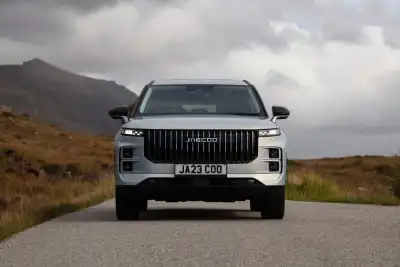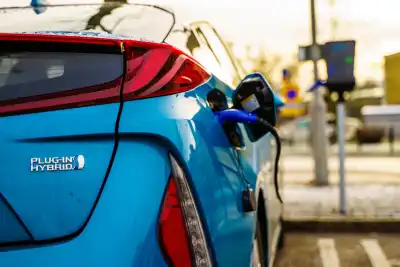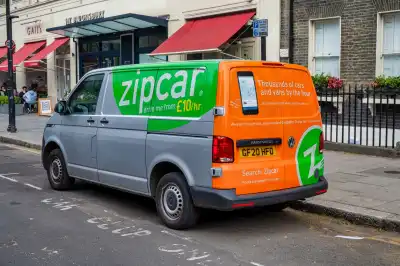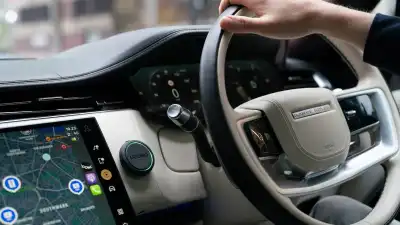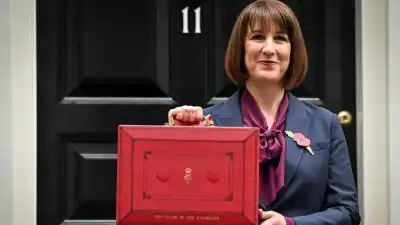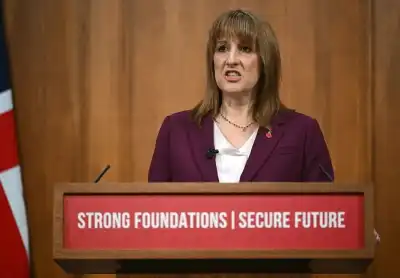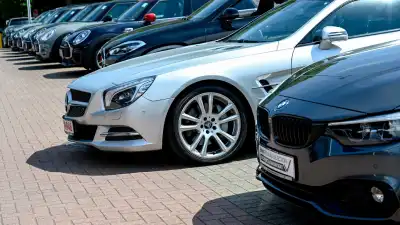
Latest Car News
Be in the know, get the latest car & industry news from our expert motoring journalists
One in 15 cars may be using ‘ghost plates’ that help criminals dodge ANPR cameras, researchers warn
A report warns one in 15 vehicles may use ghost or cloned plates to evade ANPR cameras, posing safety and security risks.
Read full article
Labour urged to rethink 2030 petrol and diesel car ban as EU prepares major delay
Labour faces pressure to delay the 2030 petrol and diesel ban as the EU prepares to move its deadline to 2040.
Dec 08, 2025
More than two-fifths of new drivers admit to using their phone behind the wheel
Over two-fifths of young drivers admit to using their phones while driving, raising major safety concerns.
Dec 08, 2025
Kia previews its future with striking four-door super-GT concept
Kia unveils the Vision Meta Turismo, a sharp four-door GT concept that previews its future EV design.
Dec 05, 2025
New Toyota GR GT revealed: 641bhp V8 hybrid supercar arrives in 2027
Toyota’s 641bhp GR GT supercar lands in 2027 with race-bred V8 hybrid power and lightweight engineering.
Dec 05, 2025
Drivers warned to expect an expensive Christmas at the pumps as fuel prices rise fastest in 18 months
Fuel prices are climbing fast, with petrol and diesel at their highest in months. Drivers face a pricier Christmas at the pumps.
Dec 04, 2025
Omoda 7 vs Jaecoo 7 vs Chery Tiggo 7: Which Affordable SUV Should You Choose?
We compare the Omoda 7, Jaecoo 7, and Chery Tiggo 7 in design, space, performance, and price.
Dec 04, 2025
Millions of hybrid drivers could face double tax under new pay-per-mile EV plan
UK hybrid drivers could face double tax under the new pay-per-mile EV plan.
Dec 04, 2025
Zipcar, the world’s biggest car-sharing company, is shutting down its UK operation at the end of the year.
Zipcar will shut down its UK service by year-end, ending access to its London car-sharing fleet.
Dec 03, 2025
Most drivers want alcolocks fitted to drink-drivers’ cars, survey suggests
Most UK drivers support fitting alcolocks to the cars of drink-drivers, with new survey results showing strong backing for tougher,...
Dec 01, 2025
Petrol, diesel and electric car drivers issued urgent warning as new HMRC rules start today
HMRC has introduced new advisory fuel rates from December 1, 2025, affecting company car drivers. Most rates remain the same, with the only...
Dec 01, 2025
The Aspark Owl Roadster is back: 1,926bhp and 0-62mph in 1.78 seconds
The Japanese hyper-EV returns, now as an open-top predator on wheels.
Nov 27, 2025
Men pay more than double in speeding fines, new research reveals
Research shows men pay over twice as much in speeding fines as women due to riskier driving habits.
Nov 27, 2025
Rachel Reeves raises ‘luxury car tax’ threshold as drivers face £474 annual charge on popular models
Rachel Reeves is raising the luxury car tax threshold to £50,000 from 2026, increasing annual costs for some drivers but offering tax...
Nov 27, 2025
BMW to End Production of Iconic Z4 After 22 Years, Launches Collector’s ‘Final Edition’
BMW will end production of its iconic Z4 in March 2026, celebrating with a limited “Final Edition” featuring exclusive design touches...
Nov 27, 2025
Fuel duty frozen and 5p cut extended – but staged rises will start in September
Fuel duty stays frozen and the 5p cut is extended, giving drivers short-term relief. But staged increases will begin in September, alongside...
Nov 26, 2025
Autumn Budget 2025: Pay-per-mile confirmed, fuel duty frozen
A clear breakdown of the Autumn Budget 2025 and what it means for drivers, including the new pay-per-mile tax for EVs, a fuel duty freeze,...
Nov 26, 2025
Pay-per-mile tax could ‘kill electric car demand’
A proposed pay-per-mile tax for electric cars could significantly reduce EV demand, with industry leaders warning it sends mixed signals and...
Nov 26, 2025
Watch out, Porsche: BYD’s new supercar is heading for the UK
BYD’s Denza Supercar Heads to the UK in 2026
Nov 25, 2025
Drivers could face £100 rise in annual costs if 5p fuel duty cut ends
Drivers may see yearly bills increase by £100 if the 5p fuel duty cut is scrapped in the Autumn Budget, with higher pump prices and rising...
Nov 25, 2025
Motability to drop BMW and Mercedes as it shifts focus to UK-made cars
Motability is dropping premium brands and shifting towards more UK-built cars to boost value and support British manufacturing.
Nov 25, 2025






